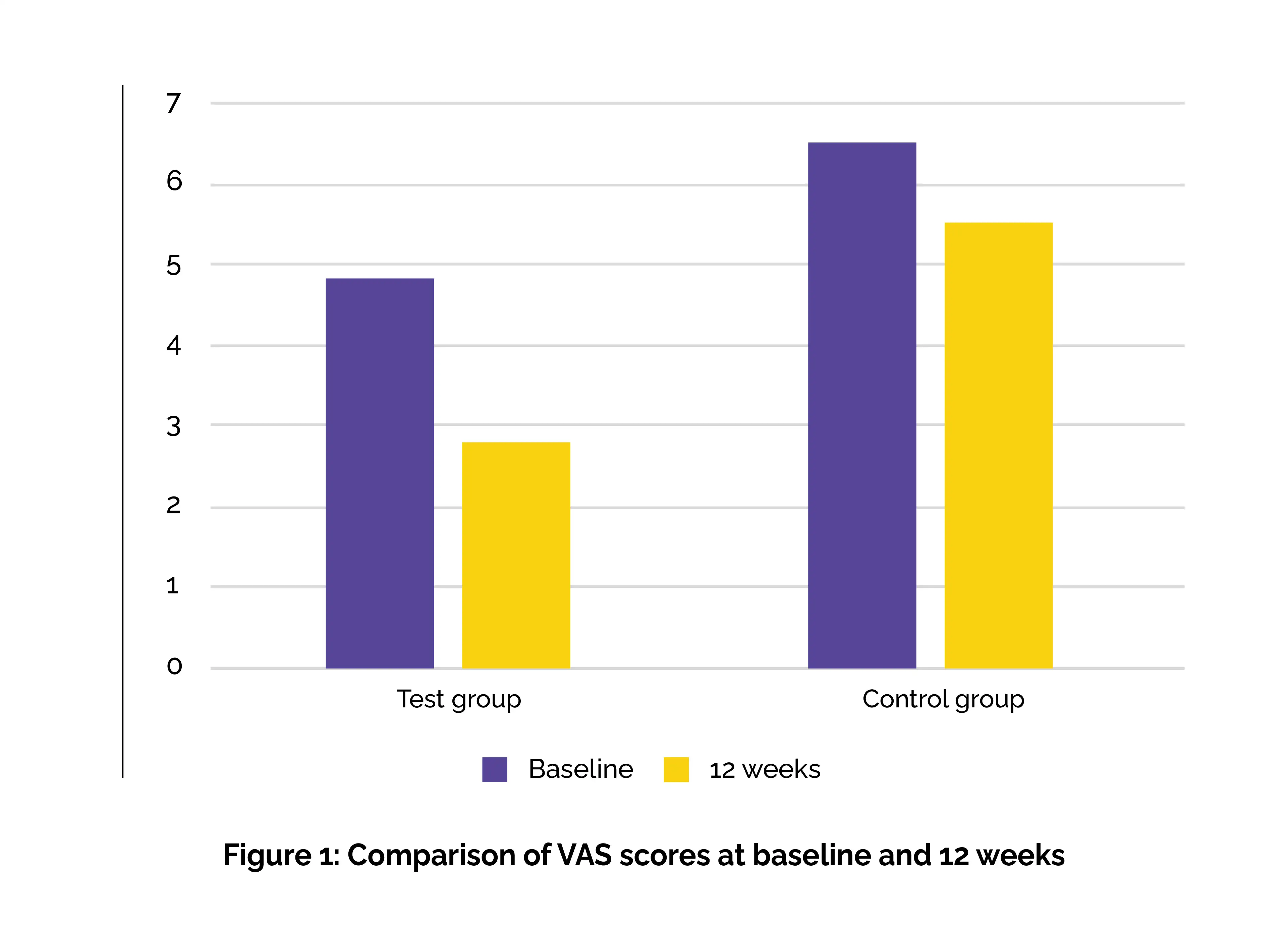Categories
Change Password!
Reset Password!


Pericapsular injection of polynucleotides and hyaluronic acid effectively manages mandibular condyle osteoarthritis, offering pain relief and improved jaw movement.
A 3-month randomized clinical trial has provided strong evidence supporting the clinical utility of pericapsular injections of polynucleotides (PN) and hyaluronic acid (HA) in temporomandibular joint (TMJ) osteoarthrosis. This study by N Cenzato et al. sought to investigate the combination of PN and HA in 60 patients suffering from TMJ osteoarthrosis /osteoarthritis of the mandibular condyle. Volunteers were randomly segregated into 2 groups:
Maximum opening, lateral excursion (left and right), and visual analogue scale (VAS) scores were examined by a blinded investigator. Measurements were taken at four different time points: T0: baseline; T1: 2 weeks after T0; T2: 6 weeks after T0; T3: 12 weeks after T0. All the measured outcomes revealed consistent improvement in both groups, with the test group illustrating more pronounced changes. The reduction in VAS scores was markedly greater in the test group (Figure 1).

Maximum opening increased gradually from baseline [mean (Standard deviation) 37.70 (8.33) mm] to T3 [39.68 (7.64) mm], indicating improvement, though the change was not statistically significant. The study concluded that PN + HA pericapsular injections are safe and effective to relieve the symptoms related to TMJ osteoarthrosis. These minimally invasive injections remarkably alleviate pain and improve mandibular kinematics, providing an alternative to traditional conservative treatments such as physiotherapy.
British Journal of Oral and Maxillofacial Surgery
Clinical effectiveness of polynucleotide TMJ injection compared with physiotherapy: a 3-month randomised clinical trial
N Cenzato et al.
Comments (0)